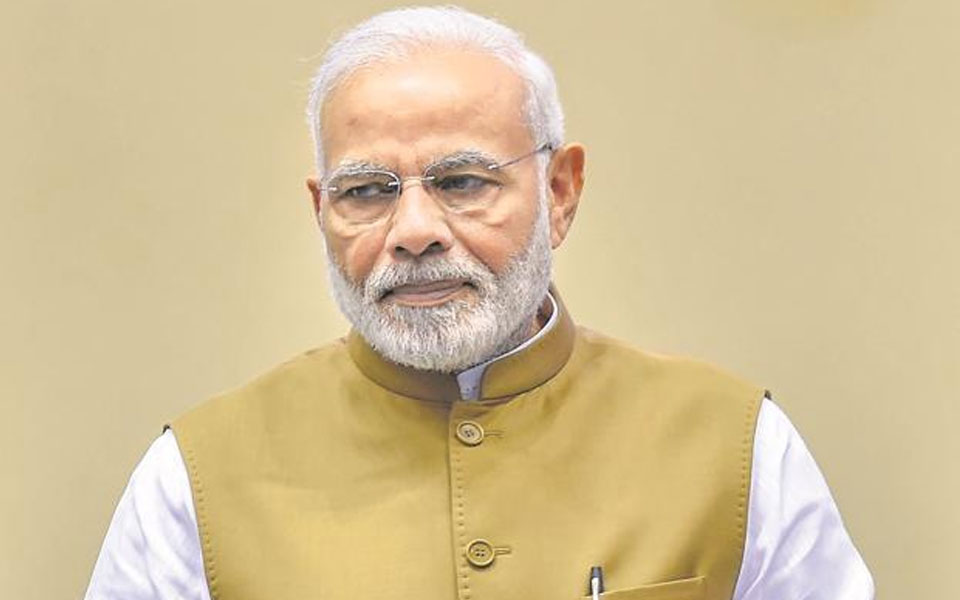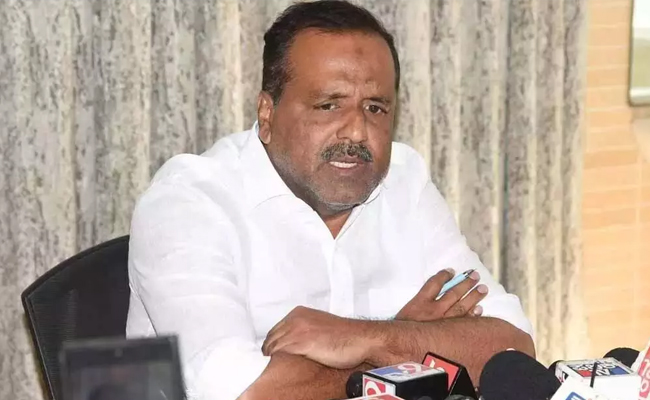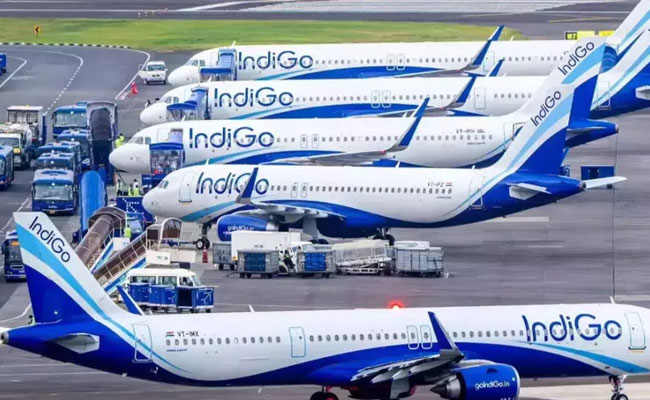Singapore, Nov 15 : India was committed to a peaceful and prosperous Indo-Pacific region, Prime Minister Narendra Modi said on Thursday as he called for enhancing multilateral cooperation, economic and cultural ties among member nations at the 13th East Asia Summit in Singapore.
It was Prime Minister Modi's 5th East Asia Summit (EAS). India has been participating in the EAS since its very inception in 2005.
"At the East Asia Summit in Singapore, I shared my thoughts on enhancing multilateral cooperation, economic and cultural ties among member nations. Also reiterated India's commitment to a peaceful and prosperous Pacific region," the prime minister tweeted.
The EAS consists of 10 ASEAN nations (Indonesia, Thailand, Singapore, Malaysia, The Philippines, Vietnam, Myanmar, Cambodia, Brunei and Laos), Australia, China, India, Japan, New Zealand, South Korea, Russia and the US. It was formed to further the objectives of regional peace, security and prosperity.
Prime Minister Modi reiterated India's vision of a peaceful, open and inclusive Indo Pacific region, strengthening maritime cooperation and commitment to a balanced Regional Comprehensive Economic Partnership (RCEP) pact, Ministry of External Affairs spokesman Raveesh Kumar said.
The RCEP, involving 10 ASEAN members (Brunei, Cambodia, Indonesia, Malaysia, Myanmar, Singapore, Thailand, the Philippines, Laos and Vietnam) as well as China, Japan, Australia, India, New Zealand and South Korea, would cover about half the world's population and a third of its GDP.
Prime Minister Modi also interacted with leaders of other countries, including his Japanese counterpart Shinzo Abe, before the East Asia Summit Retreat.
Later, the EAS leaders posed for a customary group photograph.
Earlier in the day, Prime Minister Modi participated in the ASEAN-India Breakfast Summit where he underlined the need for maritime cooperation and centrality of trade for the prosperity of the strategic Indo-Pacific region.
"Had a great interaction with ASEAN leaders at the ASEAN-India Informal Breakfast Summit. We are happy that ties with ASEAN are strong and are contributing to a peaceful and prosperous planet," Modi tweeted.
Prime Minister Modi also met with the NCC cadets who got the opportunity to visit Singapore as a part of a cadet exchange programme.
"Wonderful moments with my young friends. Spent time with NCC cadets, who got the opportunity to come to Singapore as a part of a cadet exchange programme. They shared their memorable learnings and experiences with me," Modi tweeted.
Prime Minister Modi began his two-day visit to Singapore Wednesday by delivering his keynote address at the prestigious Fintech Festival.
He also held separate bilateral meetings with US Vice President Mike Pence and the premiers of Singapore, Australia and Thailand and discussed ways to further strengthen ties, including in areas of trade, defence and security.
Before leaving for Singapore, Modi had said in New Delhi that his participation in the ASEAN-India and East Asia summits symbolised India's "continued commitment" to strengthen its engagement with ASEAN members and with the wider Indo-Pacific region.
Let the Truth be known. If you read VB and like VB, please be a VB Supporter and Help us deliver the Truth to one and all.
Mangaluru (Karnataka) (PTI): Karnataka Legislative Assembly Speaker U T Khader on Wednesday sought an inquiry after a large number of Aadhaar cards were found on the banks of the Nethravathi River here.
The cards were found at Farangipete in Pudu village of his Mangaluru Assembly constituency.
Khader, in a note to the Project Manager of the Unique Identification Authority of India (UIDAI), Bengaluru, sought immediate intervention and necessary action against those responsible.
In the note dated March 4, he said that local residents noticed the Aadhaar cards along the riverbank on March 3.
Following information received from the public, the Pudu Gram Panchayat president and villagers collected the Aadhaar cards found scattered in the area. They subsequently brought the matter to his attention and the concerned authorities, he said.
Expressing concern over the incident, the Speaker has directed that a thorough investigation be conducted to ascertain how such a large number of Aadhaar cards ended up on the riverbank and to identify those responsible.
He instructed officials to initiate appropriate legal action through the concerned department at the earliest.





